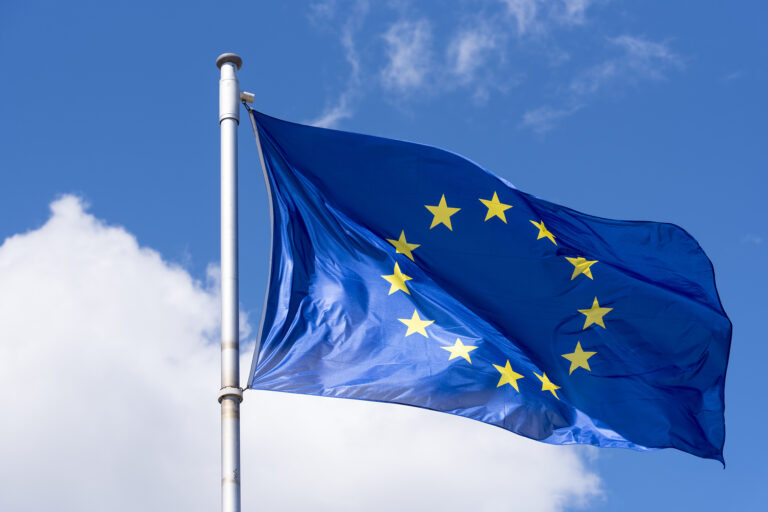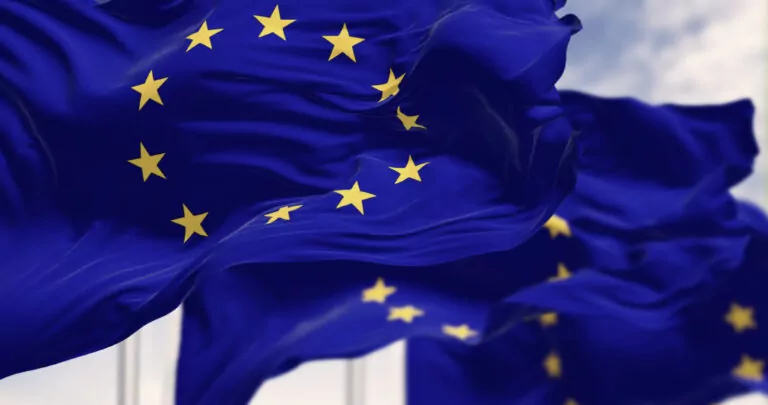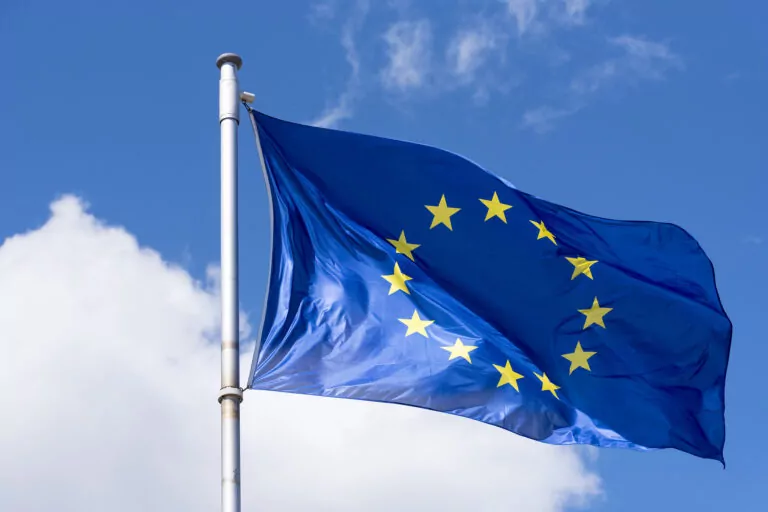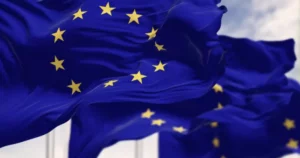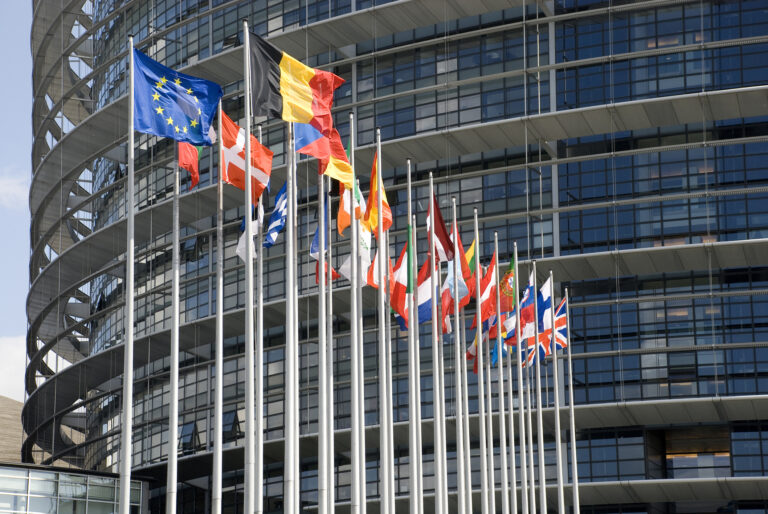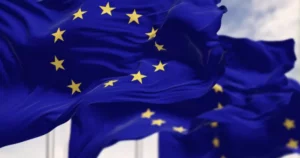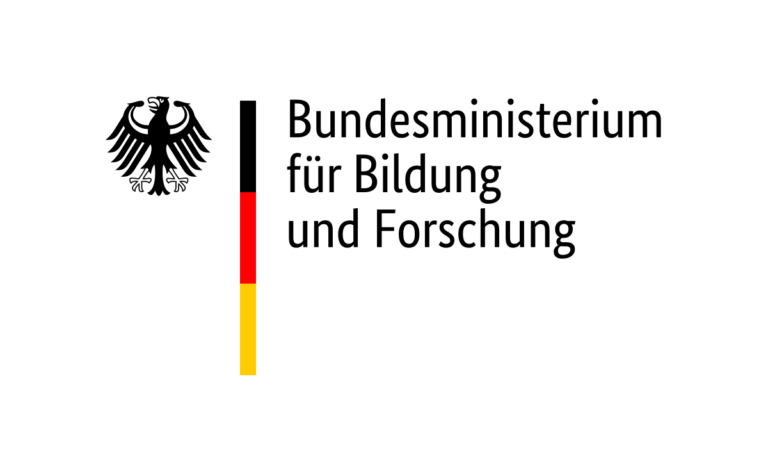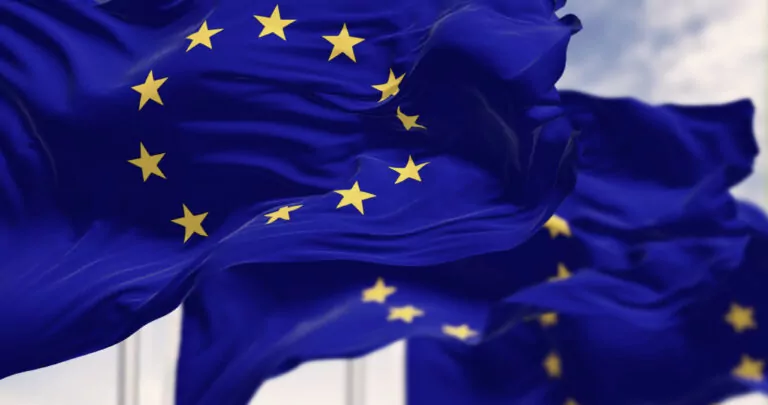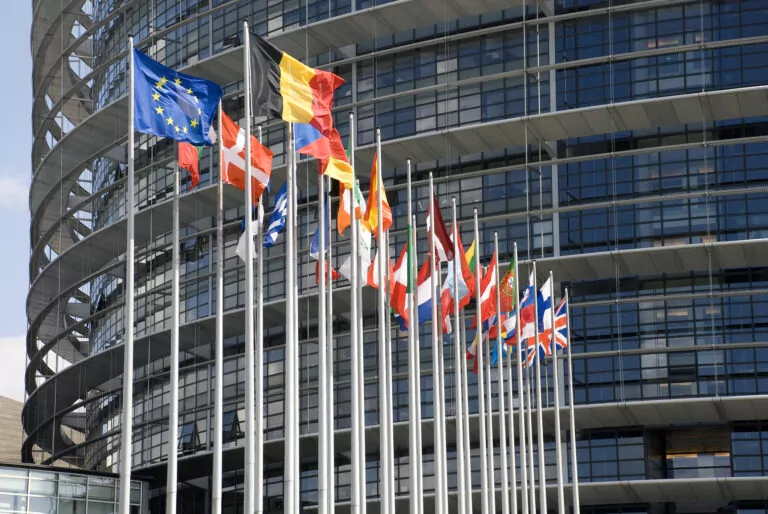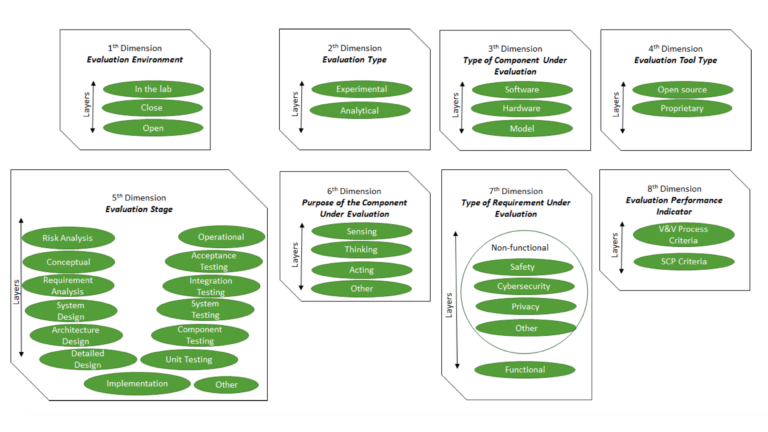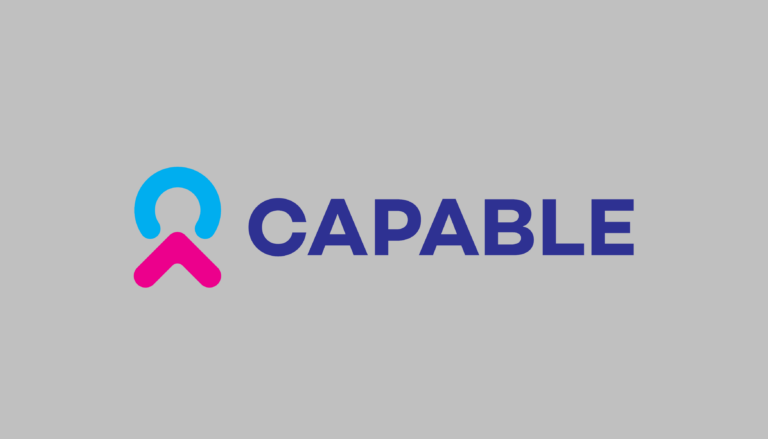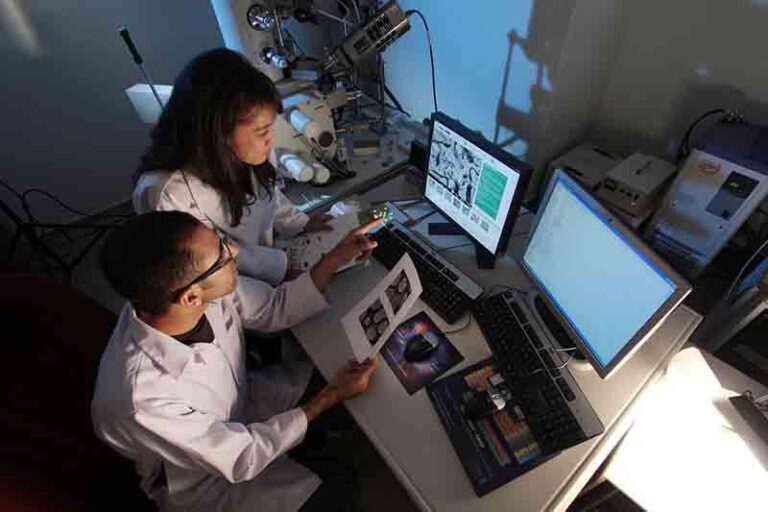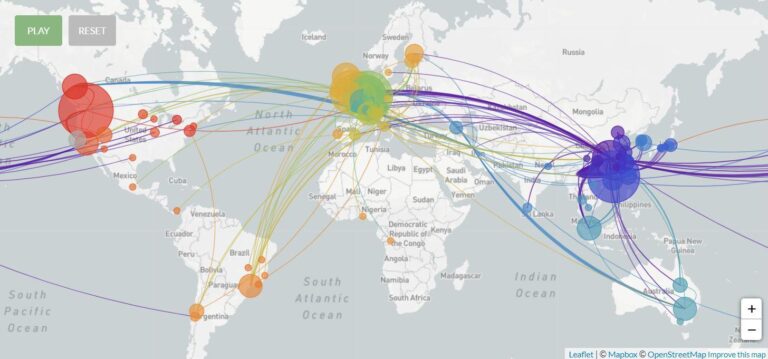Add to favorites:
Share:
The successful proposal will deliver on the following impacts: “More responsible assessment of researchers, research projects and research organisations based on a broader range of research outputs, practices and activities than publications and publishing” and “Improved quality, performance and impact of research, researchers and institutions due to more responsible research assessment systems”.
Project results are expected to contribute to all of the following expected outcomes:
- Increased scientific knowledge on assessment tools and methods, their potential biases and limitations, and corresponding solutions;
- Increased scientific knowledge on methods to reform research assessment;
- Evidence supporting the implementation of the commitments of the Agreement on Reforming Research Assessment available to policy makers and research organisations involved in research assessment.
A global movement is underway to significantly enhance the evaluation process for researchers, research projects and research institutions. The San Francisco Declaration on Research Assessment (DORA), the Leiden Manifesto, the Latin American Forum on Research Assessment (FOLEC-CLACSO), and the Agreement on Reforming Research Assessment[1] and the Coalition for Advancing Research Assessment (CoARA) under Action 3 of the European Research Area Policy Agenda 2022-2024[2] are the main initiatives that strive to shift away from inappropriate reliance on metrics such as the Journal Impact Factor. Instead, they acknowledge the diverse range of research practices, activities and outputs that go beyond publications. They aim to reward practices, activities and outputs that contribute to a higher quality and impact of research, while also recognising and mitigating systemic biases, particularly gender biases, within traditional assessment metrics.
CoARA Working Groups carry out in-depth work to enable signatories of the Agreement on Reforming Research Assessment to exchange experiences, learn from each other and identify good practices, thus supporting their efforts to reform research assessment.
The identification of good practices and the implementation of changes to research assessment require solid scientific evidence. This concerns evidence about assessment tools and methods, and exploring issues across disciplines and types of research organisations, such as: best practices in qualitative assessment; making peer review practices less bias-prone and more transparent; lessons learned from pilots with narrative CVs; inappropriate uses of metrics and alternatives for different levels of assessment (of research, of researchers and of research institutions); relevant indicators (that are open) for developing new assessment frameworks; infrastructures and tools needed to base research assessment on FAIR research digital objects (e.g., publications, data, software); ensuring that assessment methods promote diversity and inclusion across genders and underrepresented groups. This also concerns evidence about reform methods and about institutional changes and culture, investigating issues, such as: ensuring readiness and engagement of the scientific community and research organisations to changes; including different disciplinary perspectives; piloting actions that can lead to new assessment practices.
The action aims to provide the evidence needed for the practical implementation of research assessment reforms. It will gather and evaluate existing evidence and carry out additional research activities to support the implementation of the commitments of the Agreement on Reforming Research Assessment, in line with the 10 principles for reforms. The action consists of three parts, all of which must be addressed:
- Review existing literature, data and evidence on research assessment practices and evaluate their validity and robustness for implementing the Agreement on Reforming Research Assessment.
- Identify gaps in knowledge and prioritise areas that require further research activities to support reforms of research assessment in line with the Agreement on Reforming Research Assessment.
- Implement research activities in the prioritised areas.
The proposals should ensure synergies and complementarities, develop close cooperation, and share knowledge and evidence with CoARA and its Working Groups, the CoARA Boost project, DORA, and other relevant initiatives. The proposals should provide open access to all relevant results as early as possible, with specific efforts to ensure that these results are accessible and relevant to diverse and underrepresented groups.
This action may require the effective contribution of SSH disciplines and the involvement of SSH experts, institutions as well as the inclusion of relevant SSH expertise, in order to produce meaningful and significant effects enhancing the societal impact of the related research activities[3].
The duration of this action should not exceed 3 years.
[1] https://coara.eu/app/uploads/2022/09/2022_07_19_rra_agreement_final.pdf.
[2] https://commission.europa.eu/system/files/2021-11/ec_rtd_era-policy-agenda-2021.pdf.
Expected Outcome
The successful proposal will deliver on the following impacts: “More responsible assessment of researchers, research projects and research organisations based on a broader range of research outputs, practices and activities than publications and publishing” and “Improved quality, performance and impact of research, researchers and institutions due to more responsible research assessment systems”.
Project results are expected to contribute to all of the following expected outcomes:
- Increased scientific knowledge on assessment tools and methods, their potential biases and limitations, and corresponding solutions;
- Increased scientific knowledge on methods to reform research assessment;
- Evidence supporting the implementation of the commitments of the Agreement on Reforming Research Assessment available to policy makers and research organisations involved in research assessment.
Scope
A global movement is underway to significantly enhance the evaluation process for researchers, research projects and research institutions. The San Francisco Declaration on Research Assessment (DORA), the Leiden Manifesto, the Latin American Forum on Research Assessment (FOLEC-CLACSO), and the Agreement on Reforming Research Assessment[1] and the Coalition for Advancing Research Assessment (CoARA) under Action 3 of the European Research Area Policy Agenda 2022-2024[2] are the main initiatives that strive to shift away from inappropriate reliance on metrics such as the Journal Impact Factor. Instead, they acknowledge the diverse range of research practices, activities and outputs that go beyond publications. They aim to reward practices, activities and outputs that contribute to a higher quality and impact of research, while also recognising and mitigating systemic biases, particularly gender biases, within traditional assessment metrics.
CoARA Working Groups carry out in-depth work to enable signatories of the Agreement on Reforming Research Assessment to exchange experiences, learn from each other and identify good practices, thus supporting their efforts to reform research assessment.
The identification of good practices and the implementation of changes to research assessment require solid scientific evidence. This concerns evidence about assessment tools and methods, and exploring issues across disciplines and types of research organisations, such as: best practices in qualitative assessment; making peer review practices less bias-prone and more transparent; lessons learned from pilots with narrative CVs; inappropriate uses of metrics and alternatives for different levels of assessment (of research, of researchers and of research institutions); relevant indicators (that are open) for developing new assessment frameworks; infrastructures and tools needed to base research assessment on FAIR research digital objects (e.g., publications, data, software); ensuring that assessment methods promote diversity and inclusion across genders and underrepresented groups. This also concerns evidence about reform methods and about institutional changes and culture, investigating issues, such as: ensuring readiness and engagement of the scientific community and research organisations to changes; including different disciplinary perspectives; piloting actions that can lead to new assessment practices.
The action aims to provide the evidence needed for the practical implementation of research assessment reforms. It will gather and evaluate existing evidence and carry out additional research activities to support the implementation of the commitments of the Agreement on Reforming Research Assessment, in line with the 10 principles for reforms. The action consists of three parts, all of which must be addressed:
- Review existing literature, data and evidence on research assessment practices and evaluate their validity and robustness for implementing the Agreement on Reforming Research Assessment.
- Identify gaps in knowledge and prioritise areas that require further research activities to support reforms of research assessment in line with the Agreement on Reforming Research Assessment.
- Implement research activities in the prioritised areas.
The proposals should ensure synergies and complementarities, develop close cooperation, and share knowledge and evidence with CoARA and its Working Groups, the CoARA Boost project, DORA, and other relevant initiatives. The proposals should provide open access to all relevant results as early as possible, with specific efforts to ensure that these results are accessible and relevant to diverse and underrepresented groups.
This action may require the effective contribution of SSH disciplines and the involvement of SSH experts, institutions as well as the inclusion of relevant SSH expertise, in order to produce meaningful and significant effects enhancing the societal impact of the related research activities[3].
The duration of this action should not exceed 3 years.
[1] https://coara.eu/app/uploads/2022/09/2022_07_19_rra_agreement_final.pdf.
[2] https://commission.europa.eu/system/files/2021-11/ec_rtd_era-policy-agenda-2021.pdf.
Partner Requests
Explore Real Collaboration Opportunities
🔍 As a logged-in member, you now have exclusive access to all active Partner Requests for this Funding Call.
See who’s looking for collaborators, explore exciting project ideas, and discover how others are planning to make an impact.
💡 Use these insights to get inspired—or take the next step and start a request of your own (3 entries for free).
Log in or registrate here for free.
You must be logged in to submit or manage a partner request.
Ask our experts about this call
Connect with the Listing Owner!
💬 Please log in now to send a direct message to our experts and ask your questions. Not a member yet? Sign up for free and start connecting today!
Related Funding and Finance Opportunities
Unlock Exclusive Funding Opportunities!
🔑 Get instant access to tailored funding opportunities that perfectly match your needs. This powerful feature is exclusively available to our premium members—helping you save time, stay ahead of the competition, and secure the right funding faster.
Upgrade to Premium now and never miss an important opportunity again! Already a premium member? Log in here to explore your matches.
Related Innovation Offers
Related Knowledgebase Resources
Discover More with Premium: Related Knowledge Resources
🔒 You’re missing out on expert-curated knowledge specifically matched to this topic. As a Premium member, you gain exclusive access to in-depth articles, guides, and insights that help you make smarter decisions, faster.
Whether you’re preparing a funding proposal, researching a new market, or just need reliable information—our Premium knowledge matches save you hours of research and point you directly to what matters.
Upgrade to Premium now and instantly unlock relevant knowledge tailored to your needs! Already a member? Log in here to view your personalized content.




